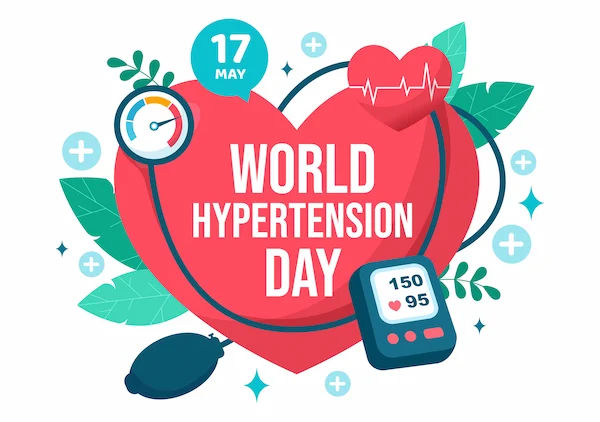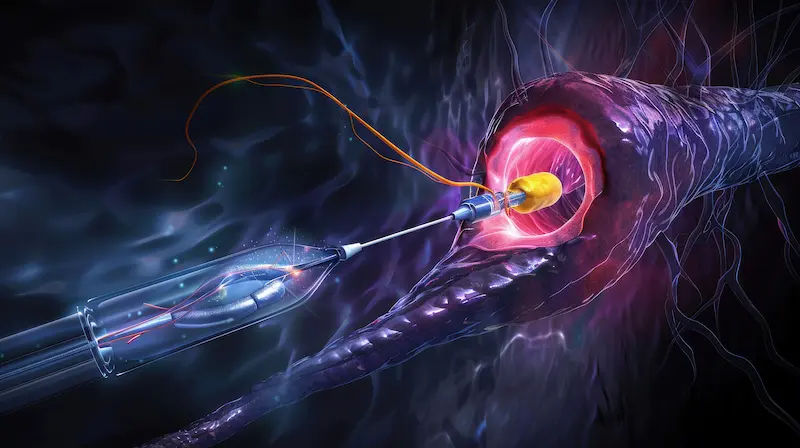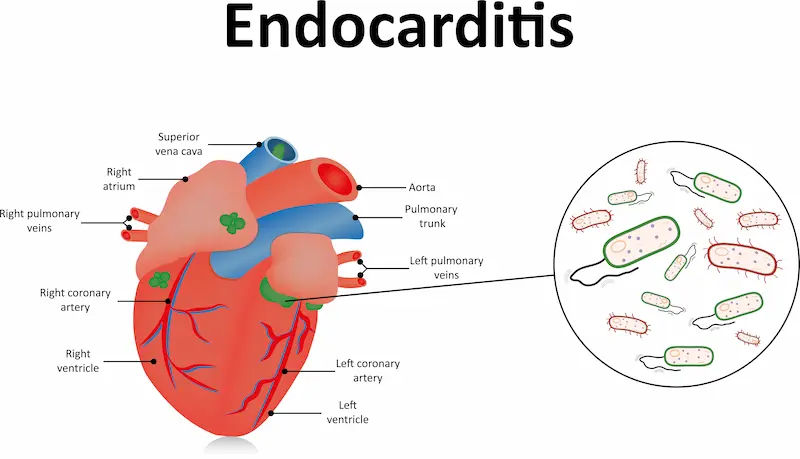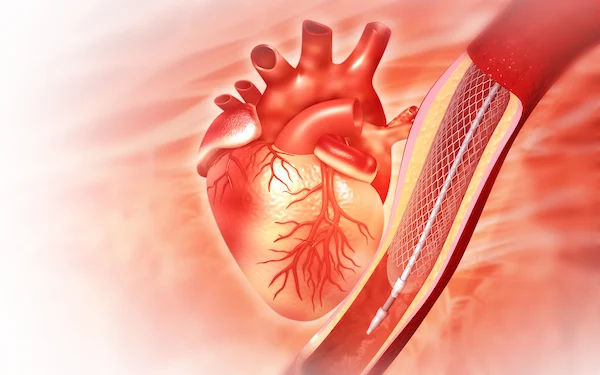- Male
- 27 Years
- 22/01/2025
What does a borderline ECG with an unconfirmed diagnosis mean on an ECG report? Is it something I should be worried about? My heart rate is 93, PR is 99, QRS duration is 82, QT is 330, and QTC is 411. Could you help me understand what these numbers indicate?
Answered by 1 Apollo Doctors
Borderline ECG unconfirmed diagnosis means that there are some findings on the ECG that are not definitive enough to make a clear diagnosis. In your case, with a heart rate of 93, PR interval of 99, QRS duration of 82, QT interval of 330, and QTc interval of 411, these values are within normal limits. However, it is important to follow up with your healthcare provider for further evaluation and interpretation of the ECG results. No specific medication is needed based on this information.
Dr. Chandra Suggests...
Consult a Cardiologist
Answered 04/07/2025
0
0

More Cardiology Health Queries
View allI'm really worried about some ongoing chest pain I've been experiencing. After a rod hit me in the chest back in November 2015, I had a brief issue with my breathing, which seemed to get better. But then, by February 2016, I started having severe chest pain. I got checked at CMH Narayana Hrudayalaya to see if it was related to my heart, but everything came out fine. This pain keeps coming back, and it's like a muscle pull behind my rib cage. Could this be a problem with my heart or even my lungs?
do MRI and 2D echo
Answered by 1 Apollo Doctors
I've just had my routine check-up and my ECG results showed something called T wave inversion in the inferior leads. I'm a 34-year-old guy, pretty healthy overall, and I don't smoke or drink. Should I be worried about this? Is it something serious?
This finding can sometimes be a normal variant, especially in young healthy individuals like yourself who do not have any symptoms or risk factors such as smoking or drinking. However, it can also be associated with certain heart conditions. I recommend consulting with a cardiologist for further evaluation and monitoring. If no other concerning symptoms are present, no treatment may be necessary at this time.
Answered by 1 Apollo Doctors
I've been taking Inapure 2.5 twice a day for a couple of weeks, and I've noticed my pulse rate drops to around 55-60 when I'm resting at night. Is it okay if I switch to taking Inapure 2.5 only in the mornings?
It is not recommended to change your medication regimen without consulting your doctor first. Inapure 2.5 is a brand name for the drug Indapamide, which is a diuretic used to treat high blood pressure. Changing the timing of your medication can affect its effectiveness in controlling your blood pressure throughout the day. It's important to discuss any concerns or changes in your medication routine with your healthcare provider to ensure the best possible treatment outcomes.
Answered by 1 Apollo Doctors
Disclaimer: Answers on Apollo 247 are not intended to replace your doctor advice. Always seek help of a professional doctor in case of an medical emergency or ailment.





